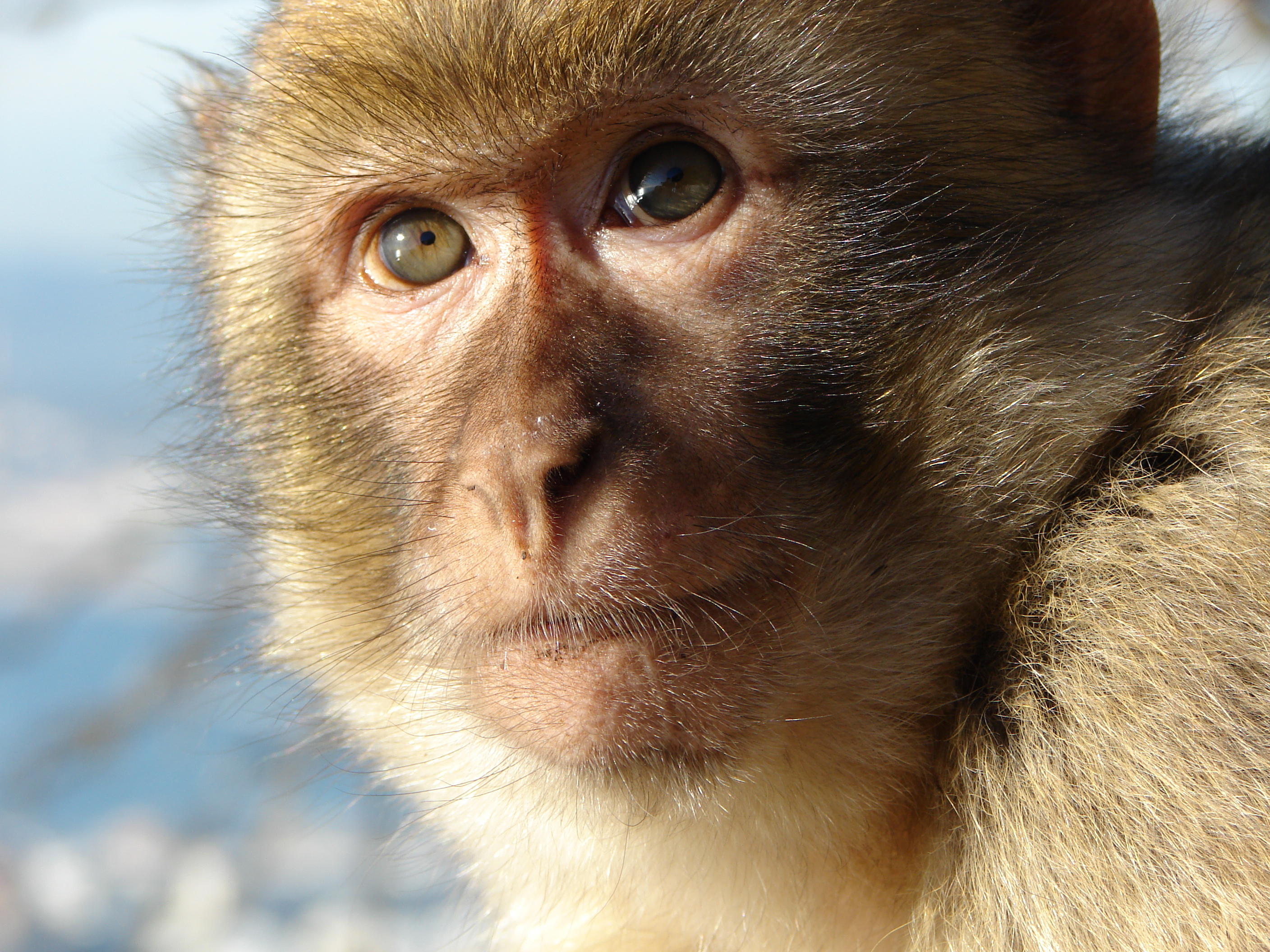China's Latest Cloned-Monkey Experiment Is an Ethical Mess
By Ryan F. Mandelbaum,
Gizmodo
| 01. 23. 2019
Chinese researchers have cloned five gene-edited monkeys with a host of genetic disease symptoms, according to two scientific papers published today.
The researchers say they want to use the gene-edited macaques for biomedical research; basically, they hope that engineering sick primates will reduce the total number of macaques used in research around the world. But their experiment is a minefield of ethical quandaries—and makes you wonder whether the potential benefits to science are enough to warrant all of the harm to these monkeys.
The researchers began by using CRISPR/Cas9 to alter the DNA of a donor macaque. CRISPR/Cas9 is the often-discussed gene editing tool derived from bacteria that combines repeating sequences of DNA and a DNA-cutting enzyme in order to customize DNA sequences. Experts and the press have heralded it as an important advance due to how quickly and cheaply it can alter DNA, but recent research has demonstrated it may cause more unintended effects than previously thought.
In this experiment, the researchers turned off a gene called BMAL-1, which is partially responsible for the circadian rhythm. Monkeys with this...
Related Articles
By Scott Solomon, The MIT Press Reader | 02.12.2026
Chris Mason is a man in a hurry.
“Sometimes walking from the subway to the lab takes too long, so I’ll start running,” he told me over breakfast at a bistro near his home in Brooklyn on a crisp...
By Diaa Hadid and Shweta Desai, NPR | 01.29.2026
MUMBRA, India — The afternoon sun shines on the woman in a commuter-town café, highlighting her almond-shaped eyes and pale skin, a look often sought after by couples who need an egg to have a baby.
"I have good eggs,"...
By George Janes, BioNews | 01.12.2026
A heart attack patient has become the first person to be treated in a clinical trial of an experimental gene therapy, which aims to strengthen blood vessels after coronary bypass surgery.
Coronary artery bypass surgery is performed to treat...
By Staff, ScienceDaily | 01.05.2026
Scientists at UNSW Sydney have developed a new form of CRISPR technology that could make gene therapy safer while also resolving a decades-long debate about how genes are switched off. The research shows that small chemical markers attached to DNA
...




